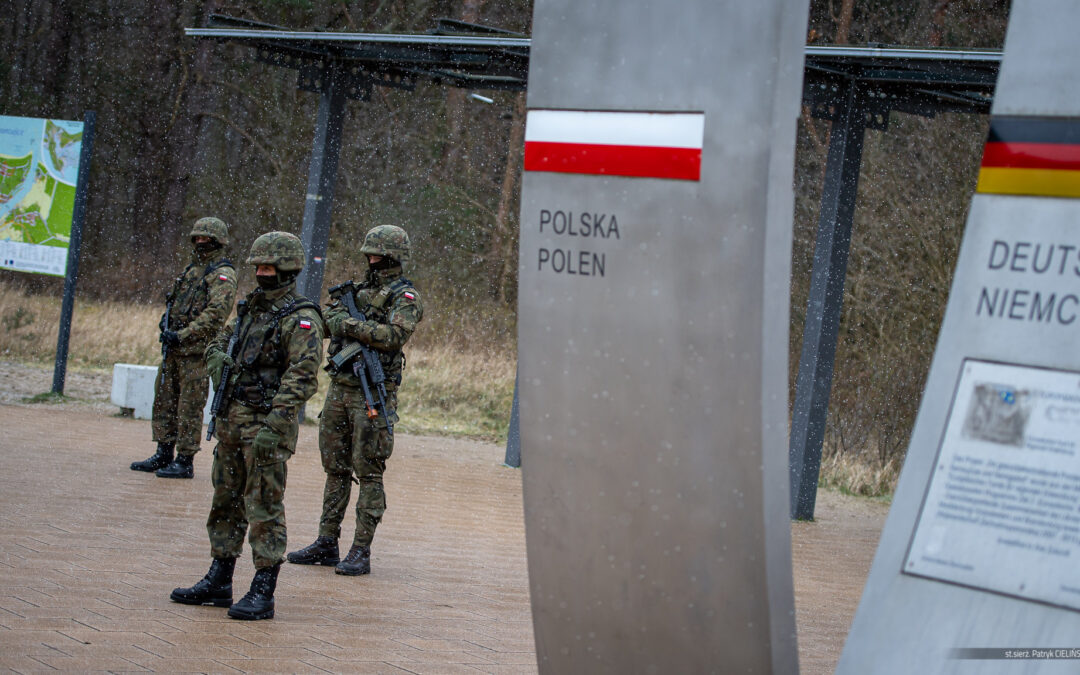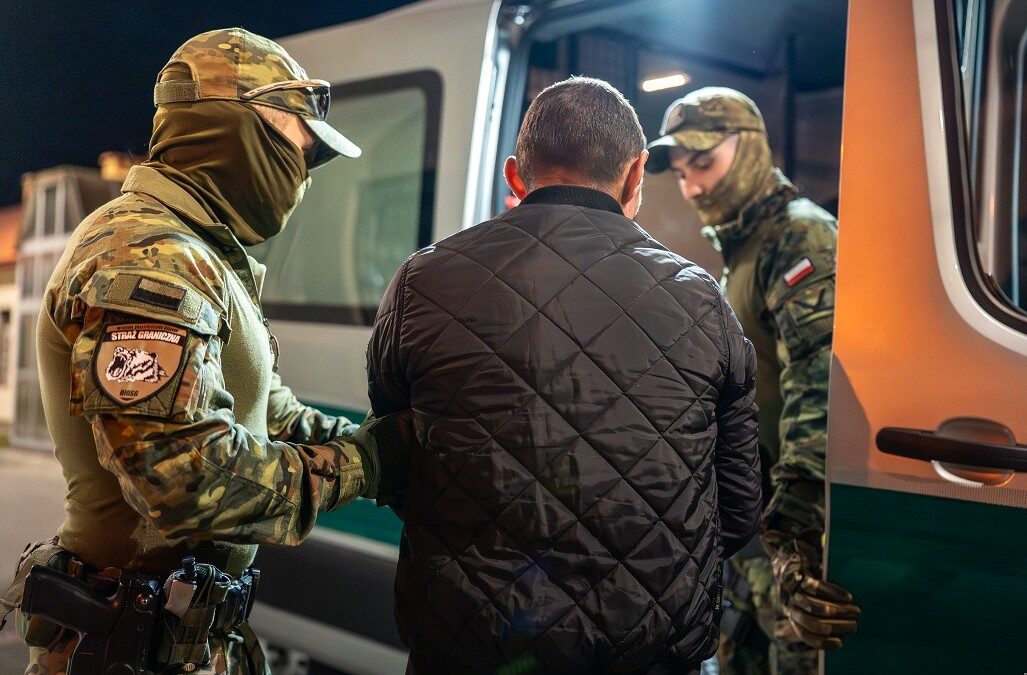Germany’s interior minister, Horst Seehofer, has thanked Poland for “protecting” the EU’s eastern border amid an ongoing surge in people from the Middle East, Asia and Africa attempting to cross from Belarus. The Polish border guard has prevented more than 16,000 attempted illegal crossings since August.
However, thousands more have managed to get through and reach Germany, which is often their desired final destination. In his letter to his Polish counterpart Mariusz Kamiński, Seehofer called for intensified patrols on the Polish-German border.
Separately, the head of a migrant centre in the state of Brandenburg has called Polish border policies “dubious” and estimated that up to 15,000 people could be heading towards Germany from Poland in the next three months.
In a letter to Kamiński, Seehofer wrote that he “would like to thank” his Polish counterpart and the Poland’s border guard for “protecting our common external border”. He noted the “difficult” political relations with Belarus, whose government has been facilitating the passage of migrants.
However, Seehofer added that he still had “great concern” about “recent intensifying events related to the illegal migration of third-country nationals”. He therefore suggested “intensifying” joint patrols of the Polish and German border services on the countries’ shared border.
But the German minister noted that he would not call for “temporary restoration of internal border control”. Such measures were demanded this week by the head of the German federal police union, who warned that otherwise the border could “collapse” in a manner akin to the 2015 migration crisis.
List Horsta Seehofera, ministra spraw wewnętrznych, budownictwa i ojczyzny Republiki Federalnej Niemiec, do szefa #MSWiA @Kaminski_M_.https://t.co/TgGndGnjgj
— MSWiA (@MSWiA_GOV_PL) October 19, 2021
Seehofer also offered to deploy German police to bolster Poland’s forces on its 418km border with Belarus, who would work “under the leadership of officers of the Polish border guard”. His letter said he was prepared to give “logistical support”, such as for “the accommodation of migrants and refugees”.
Poland has so far placed in detention over 1,500 people who have crossed the border. Less than half of them have claimed asylum, the Polish border guard said earlier this month.
Many other migrants have been pushed back over the border into Belarus, a practice condemned by human rights groups and parts of the Polish opposition. They say that Poland has a moral duty to take in migrants, especially women and children, and a legal obligation to accept asylum requests.
The German interior minister also suggested that Poland consider asking the EU’s border agency, Frontex, for help. The Polish government has so far argued that it is handling the situation and does not need external support from the agency, which is headquartered in Warsaw.
The head of Frontex, Fabrice Leggeri, visited the border area this month. He “thanked Poland for cooperating with Frontex since the beginning of the crisis” and said he was “impressed by the means deployed to secure the border”. This week, Poland doubled the number of troops stationed there to 6,000.
The government has placed the entire border under a state of emergency, which it says is necessary to manage the unprecedented crisis. But the opposition say the measures – which include a ban on the media and NGOs entering the area – is designed to prevent scrutiny of what is happening there.
In an interview with Polish news website Wirtualna Polska, Olaf Jansen, director of the Central Office for Foreigners in Eisenhüttenstadt – which is one of the four centres in Brandenburg where migrants are held – said that Poland’s border policies are “dubious”.
“The basic difference between our actions and the actions of Poland is that we do register all [migrants]. Almost no one who comes here has been previously registered in Poland,” he said. He estimated that between 10,000 and 15,000 may seek to make it to Germany from Poland in the next three months.
Main image credit: Combat Camera Poland/Flickr (under CC BY-NC 2.0)

Maria Wilczek is deputy editor of Notes from Poland. She is a regular writer for The Times, The Economist and Al Jazeera English, and has also featured in Foreign Policy, Politico Europe, The Spectator and Gazeta Wyborcza.




















